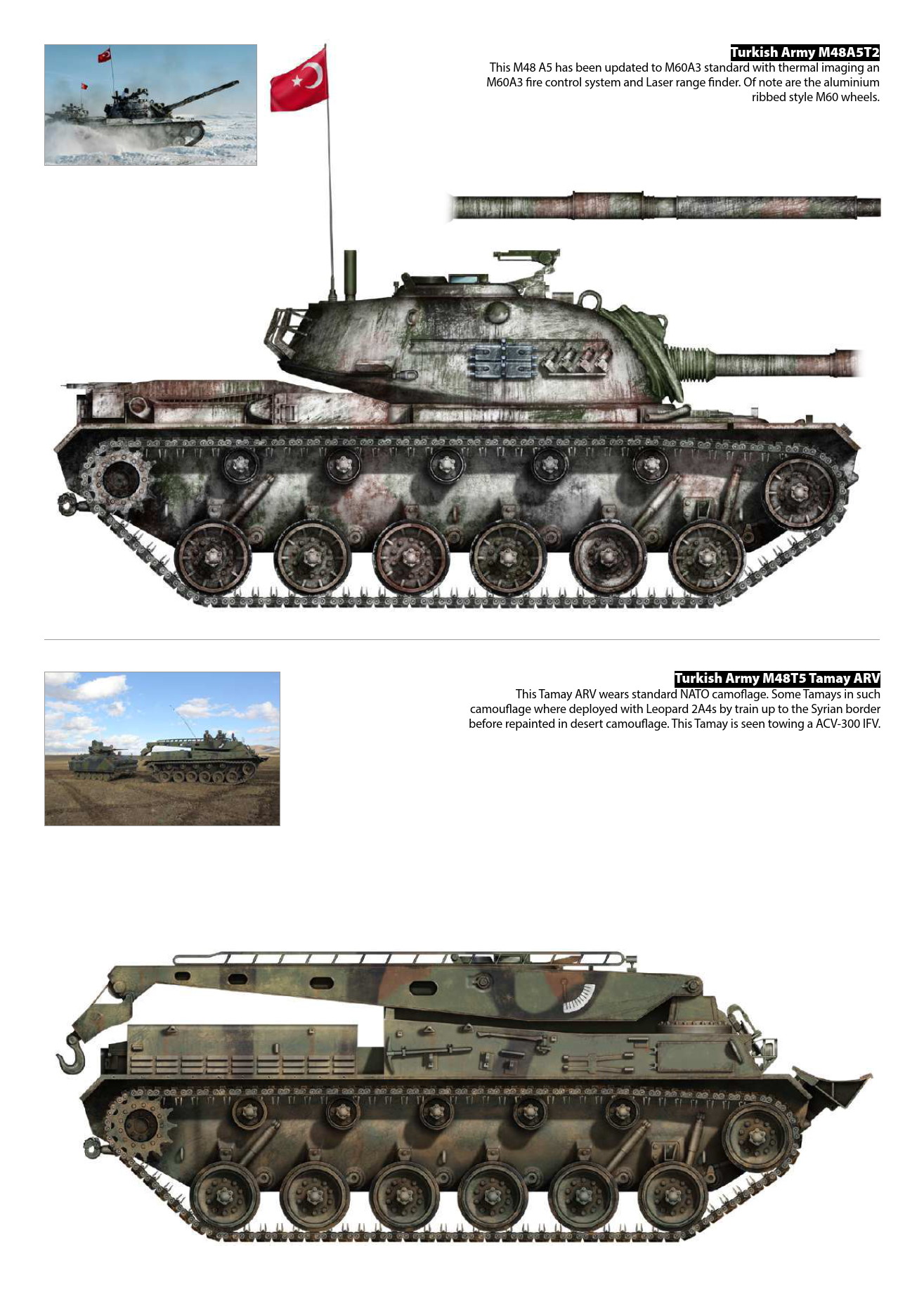
Turkey has by and far one of the largest armies in the region, positioned as it is between Europe and the middle east it is also a key NATO member. Turkey had a long imperial history of military conquest though out North Africa and the Balkans in the cusp of the Ottoman empire, an empire that, by the late 1800s, was well and truly in decline and referred to as ” the sick man of Europe It was the key figure of Mustapha Kemal Ataturk, and his fellow young Turks who had fought with distinction at Gallipoli and later in Turkish war of independence in 1920s that decided that Turkey needed to cast off the Sultan Abdul Hamid’s corrupt and authoritarian rule and replace it with a secular Republic which was established in 1923. It was this legacy that the Turkish military have tried to ensure, not always too smoothly. Turkey’s recent domestic history is one where the military dominated the civil government with more than 4 successful coups since the 1960s. In 1960 Prime minister Adnan Mender was removed from power and executed for treason, with the military effectively controlling politics till 1965. Widespread economic and civil unrest in 1971 saw the military once again step in to restore what they saw as law and order. Forcing the then prime minister Suleyman Demirel to resign , Turkey was to have 11 prime ministers in the 1970s. Clashes between right wing and left wing groups broke out on the streets in 1980 as further political turmoil ensued thousands of assassinations followed and the military again imposed martial law and dissolved the government. Chief of staff Kenan Evren became president with thousands of people arrested and dozens executed. The Islamic orientated Welfare Party and its political success in the mid-90s became a growing concern for the military and in 1997 during what is referred to as the postmodern coup they introduced various decrees targeting religious and conservative groups in Turkish society forcing the then Prime Minister Necmettin Erbakan to resign . In 1999 the now president Recep Tayyip Erdogan was jailed for reading an Islamic poem and banned from politics for a time, his Justice and development party however went from strength to strength as his appeal to Islamic conservatives and Turkish nationalist had major mainstream appeal. Erdogan became prime minister in 2003 going on to become the first directly elected president in 2014. In July 2016 a coup attempt by small groups of tank troops made it seem that Erdogan might end up like his various successors but scores of his supporters came out onto the streets and the coup was foiled. What followed was the arrest of 10,000 soldiers, 30,000 Judges and Gulenists and the firing of 160,000 people in various state institutions. Allowing Erdogan to break the power of the army in Turkish politics it seems for once and for all – perhaps? Only time shall tell Erdogan’s somewhat erratic approach to foreign policy and the Kurds have seen mixed results for the military. In 20 15 he declared that the long running truce with the PKK was over and instructed the military to launch attacks against Kurds in Turkey and Syria in retaliation for a series of car bombings in Turkey at a time when Kurds were desperately fighting ISIS As early as 2013 various Turkish border cities had become staging points and logistic hubs for militants on their way to join ISIS, with wounded militants getting treatment in Turki hospitals and the wide spread sale of ISIS oil through Turkish front companies, this passive support for such a group led to bewilderment among Western allies. As of 2017 the Turkish military launched Operation Euphrates Shield to secure a large area of Syrian territory between Afrin and Manjib In early fighting with ISIS and then the YPG the Turkish military lost a number of Leopard 2s, M60A3s and Israeli updated Sabras. This operation was followed up by oddly named Operation Olive branch in 2018, when Turkish armour and troops were backed up former Jihadists took the YPG controlled city of Afrin, a group who were working with coalition forces fighting ISIS. Erdogan seems determined to create a Sunni buffer zone in Northern Syria as a means of blocking Kurdish consolidation in the region. On the ground it seems that Turkish Leopards and Sabra will be patrolling for many years to come if their intervention in Cyprus in 1974 is anything to go by.